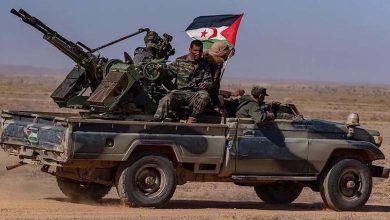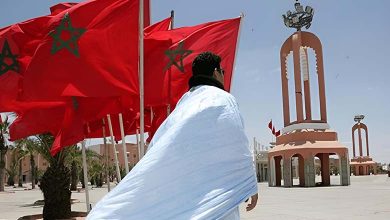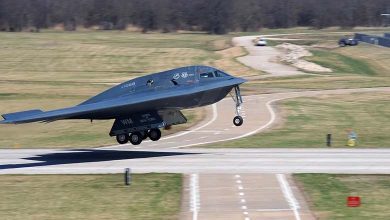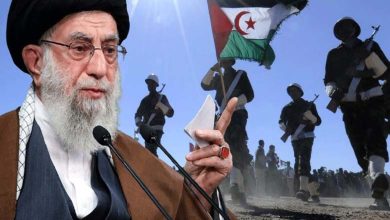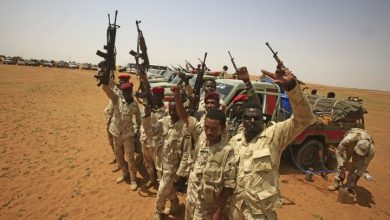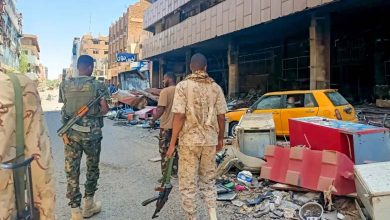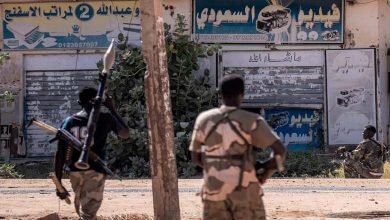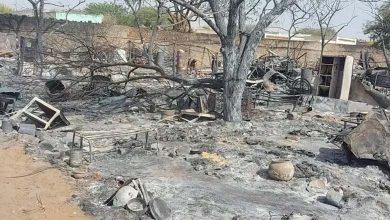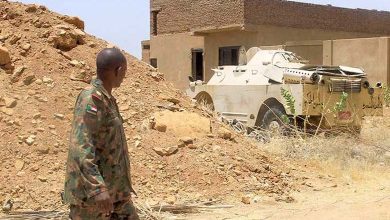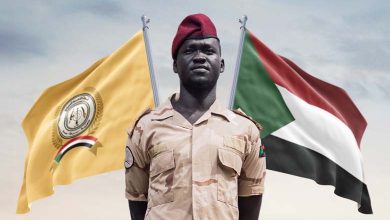UAE interest in peace and tolerance issues in the region
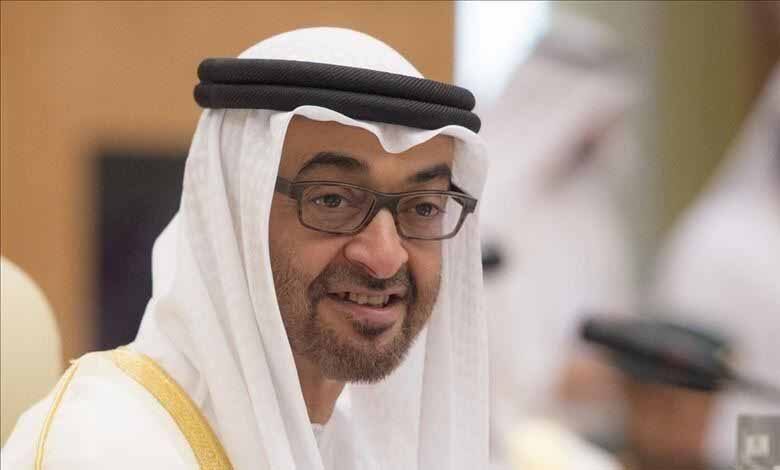
Over the past years, the UAE has formulated a number of key principles and orientations governing its vision of peace and tolerance, which can be addressed through the following:
1) Linking stability, peace and economic development: the UAE vision relied on a continuous linkage between peace and economic development; For example, HH the President of the UAE Sheikh Mohamed bin Zayed, during the July 2022 I2U2 Leaders Summit, stressed the importance of establishing peace and stability in the world, adding that the UAE believes that the economy is the best way to achieve peace, security and progress, especially when governments and peoples have the will to build partnerships and face challenges.
This link was also highlighted in the speech of HH Sheikh Mohamed bin Zayed, on July 13, 2022, when he pointed out that “the policy of the UAE will continue to support peace and stability in our region and the world, to help our brother and friend, and to call for wisdom and cooperation for the good and progress of humanity, and we will continue our firm approach in strengthening bridges of partnership, dialog, effective and balanced relations based on trust, credibility and mutual respect with the countries of the world to achieve stability and prosperity for all.”
2) Strengthening the legislative structure that promotes tolerance and peace: the State has strengthened the legislative structure that aims to enshrine the value of tolerance and coexistence among different nationalities and religions; “For example, in July 2015, Decree-Law No. 2 on Combating Discrimination and Hatred was enacted, aiming to enrich the culture of global tolerance, and to counter discrimination and racism, and in 2016 the Council of Ministers adopted the National Program for Tolerance with the aim of consolidating the values of tolerance and multiculturalism, and renouncing discrimination, hatred and intolerance.” Over the past years, there have been a number of official and community initiatives in support of the idea of tolerance.
3) Establishing Enhanced Institutions for Tolerance and Peace: To complement the development of the legislative framework for the values of tolerance and societal peace, the UAE created institutions such as the Ministry of State for Tolerance in February 2016 with the aim of supporting the state’s position towards consolidating the values of tolerance, pluralism, and acceptance of others, and Hedayah Center for Combating Violent Extremism, as well as the Sawab Center for Refuting Hatred and Intolerance.
In this context, the State of Qatar has presented several initiatives and awards that serve tolerance and world peace, including the “Mohammed bin Rashid Award for Tolerance”, which was launched in 2016. It aims to build up young Arab leaders and cadres in the field of tolerance and support intellectual, cultural and media productions that promote the values of tolerance and openness to others in the Arab world and seek to change the lives of 130 million people in the coming years in all fields. The Mohammed bin Rashid Al Maktoum World Peace Award, which was launched in 2011, aims to honor all groups and entities that make outstanding contributions to the cause of peace, stability and development in the world.
4) Intensive adoption of the values of coexistence: Policy-tracking and official speeches issued by UAE decision-makers reveal intensive adoption of the values and discourse of coexistence among all groups; The country has more than 200 different nationalities and diplomatic relations with more than 190 countries, in addition to 73 consulates and more than 110 foreign embassies. It cannot be overlooked that these facts have strengthened the UAE’s role in promoting a culture of peace and tolerance regionally and internationally.
Various movements
Based on the UAE’s vision of peace and tolerance, the UAE has adopted a number of regional and global actions that promote peace and tolerance. The most important of these actions can be described below.
1) Engaging in regional pacification efforts: Emirati actions in recent years have reflected attempts to achieve regional pacification. This was evident with Abu Dhabi’s announcement in August that it would return its ambassador to Iran to reaffirm its commitment to establishing positive relations with Tehran and all parties in the region. This trend was also evident when the UAE signed a peace agreement and established diplomatic relations with Israel in September 2020; The United Arab Emirates stressed that the signing of this agreement is aimed at promoting stability in the region and the search for a sustainable and just solution to the Palestinian issue; On more than one occasion, decision makers have affirmed the UAE’s continued commitment to supporting the Palestinian cause and to seeking just solutions to it.
2) Mediation efforts in some conflicts: The UAE has played an active role in the past years in achieving international peace by mediating certain conflicts; For example, Abu Dhabi played an important role in bringing Ethiopia and Eritrea closer together, which eventually led to the two countries signing a peace agreement in July 2018 after long years of hostility. In March 2021, several reports noted that the UAE played a key role and mediated secret talks between India and Pakistan to ease tensions between the two countries, which led to the announcement by the two countries’ armies, in a joint statement in February 2021, of a commitment to the 2003 ceasefire agreement, and the UAE was keen to mediate on the Sudanese file and bring Sudanese forces closer together after the ouster of former President Omar al-Bashir in 2019.
3) Attempt to formulate a global framework for coexistence between religions: The UAE, in its efforts to promote peace and tolerance globally, has sought to formulate a framework for coexistence between religions, offering this framework as an alternative to the dispositions of civilizational conflict; For example, in February 2019, the UAE hosted the Pope and Pope Francis for a huge mass that attracted around 120,000 people, not to mention the signing of the Document of Human Fraternity between the Grand Sheikh of Al-Azhar and the Pope, and internally embodied this trend; Built in 1985 under the name “Sheikh Mohamed bin Zayed Mosque,” HH Sheikh Mohamed bin Zayed directed the mosque to be named “Mariam Umm Eisa Masjid” in June 2017, surrounded by Catholic and Orthodox churches and cathedrals in the Al-Mashref area, which reflect the promotion of religious coexistence and tolerance in the country.
4) Participation in regional counter-terrorism activities: the UAE is committed to implementing its national strategy and laws aimed at combating terrorism; For example, over the past years, the UAE has put in place a number of laws to combat extremism in cyberspace. The UAE and the United States of America have also jointly established the “Sawab” center, which launched its activities in March 2015, and is an interactive electronic messaging initiative that aims to support the efforts of the coalition. International war against extremism and terrorism. The UAE is part of the international coalition against ISIS, not to mention the role it has played in combating terrorism in Yemen over the past years.
5) Expanding the role of peace forums: Over the past years, the UAE has worked to develop the role of peace forums in supporting and promoting stability and peace regionally and globally. Perhaps the most prominent example is the Abu Dhabi Forum for Peace, which emerged in 2014 under the name of “Promoting Peace in Muslim Societies” and was established with the aim of promoting the values of tolerance and peace; The official website of the forum notes that the forum discusses “the problems and humanitarian issues facing the human being in today’s world, which have resulted from intellectual and sectarian conflicts in Muslim societies.” The forum also provided an opportunity to host experts and scholars from different religious and cultural backgrounds.
Over the past years, the Forum has announced a number of key initiatives such as the Marrakech Declaration, January 2016, on the rights of minorities in the Muslim world, which attempted to enshrine a culture of religious coexistence and preserve the rights of religious divergences in Muslim communities. The activity of the Forum entered a new phase in 2021, with the announcement, during the Forum’s annual meeting in December 2021, of its transformation to the Abu Dhabi Forum for Peace and the issuance of the Abu Dhabi Declaration for Inclusive Citizenship, which affirms the values of tolerance and peaceful coexistence within different societies.
Finally, the policies adopted by the UAE in recent years to promote the values of peace and tolerance have become an important determinant in the UAE’s efforts to create its own national brand on the regional and global levels; “This is amid shifts in foreign policy instruments and state-to-state relations, and growing states’ focus on building their soft influence, which certainly serves the UAE’s economic and political interests, especially as it lies in a region rife with crises and chronic conflicts.”


